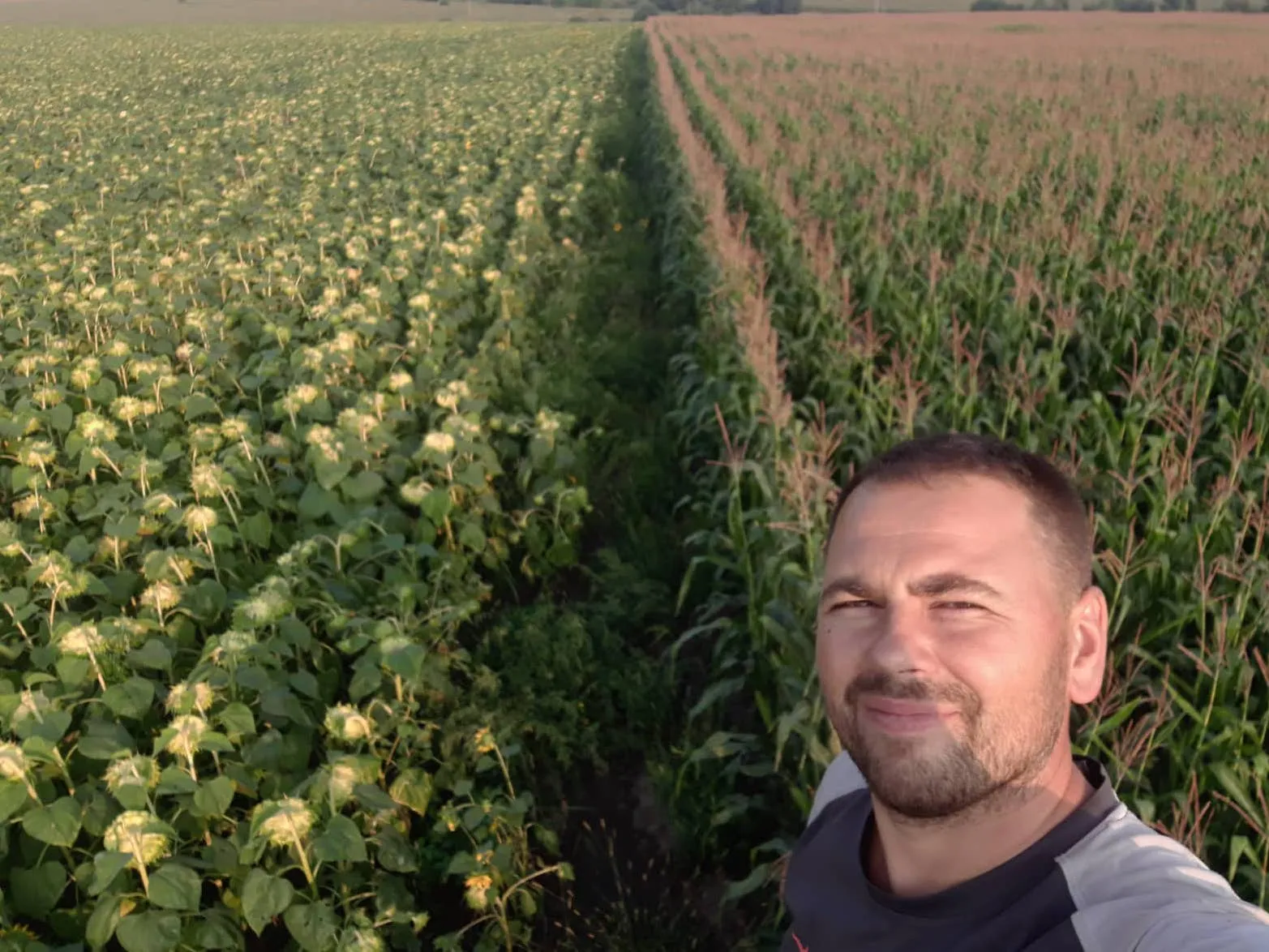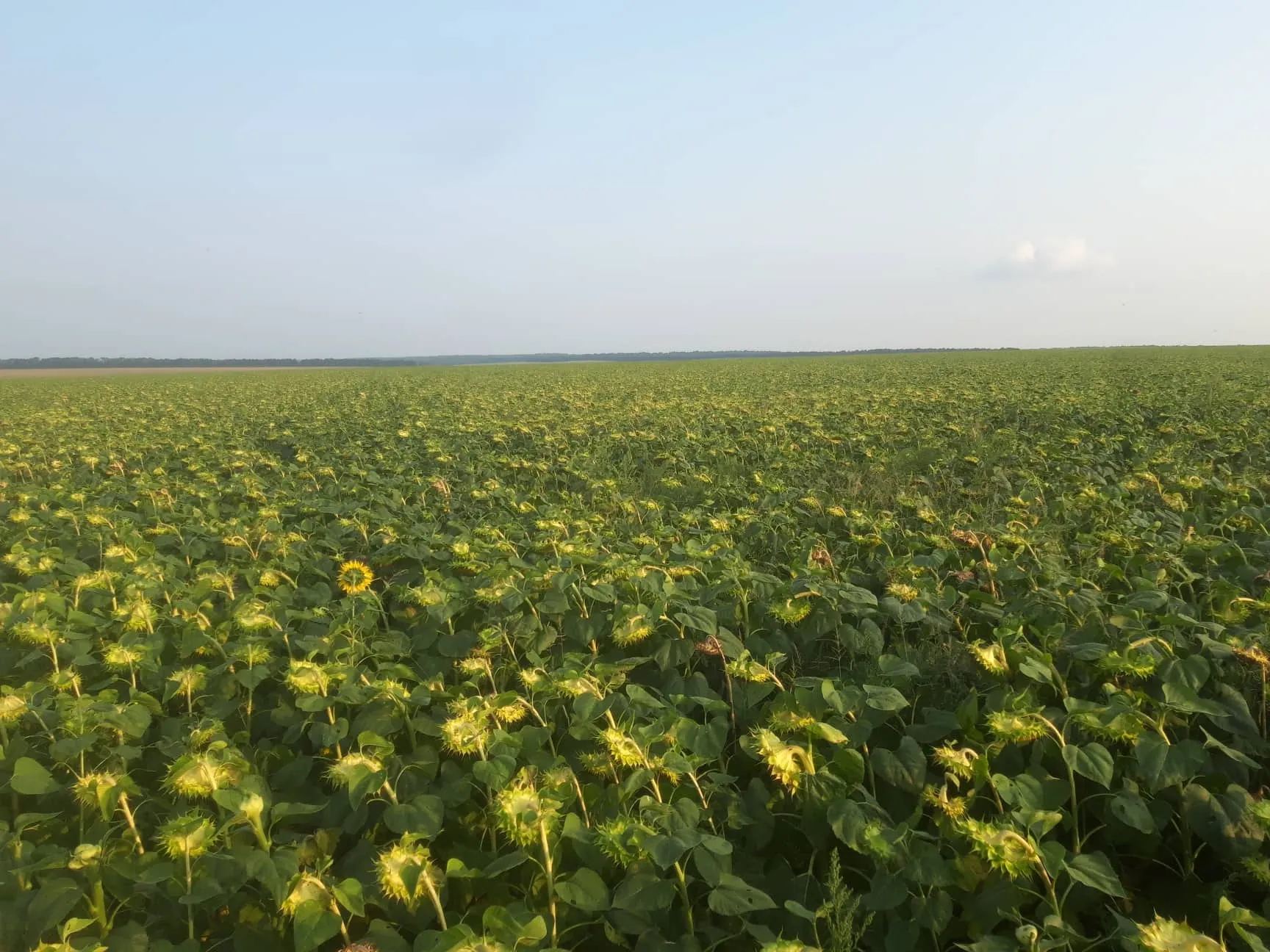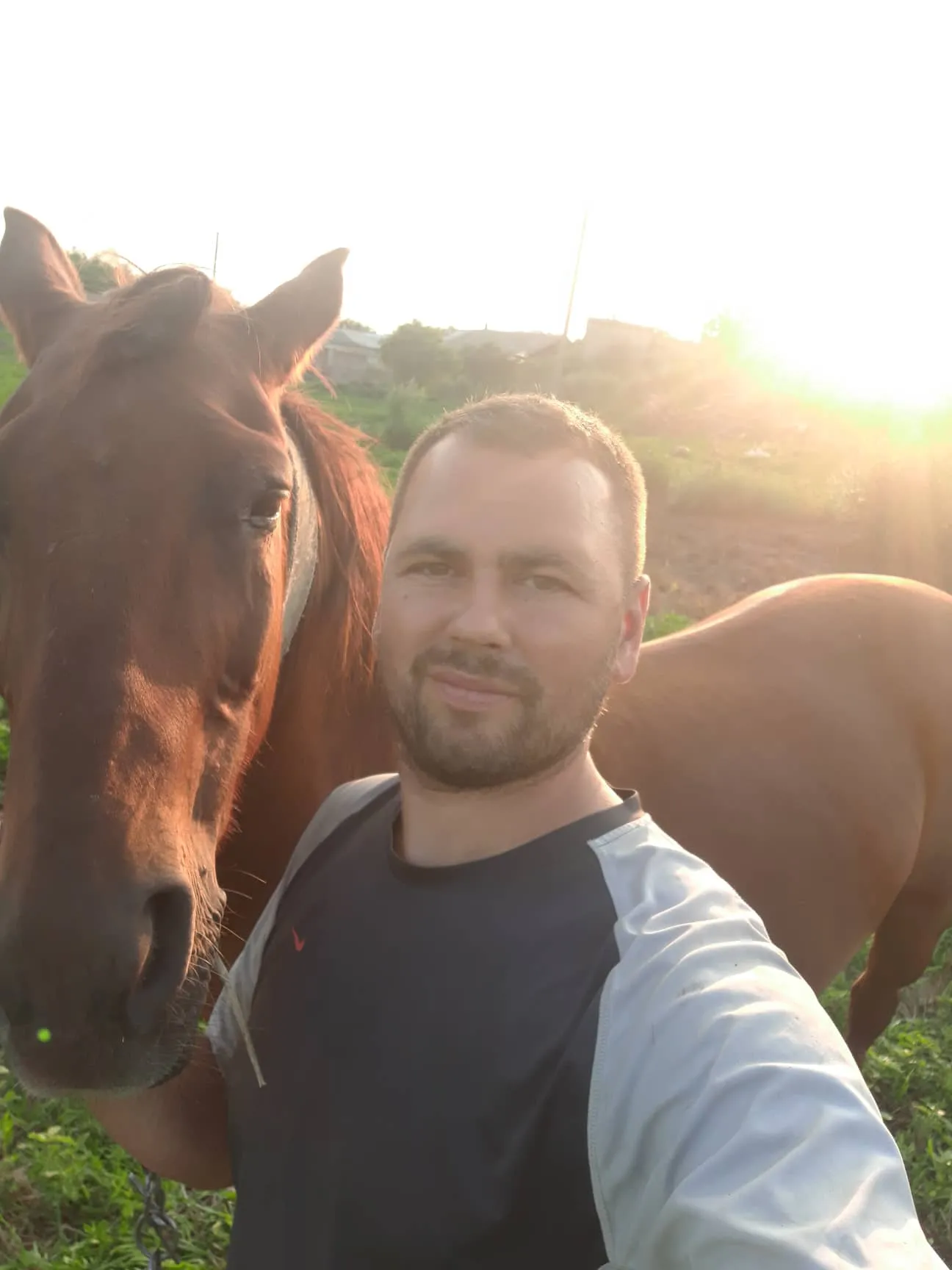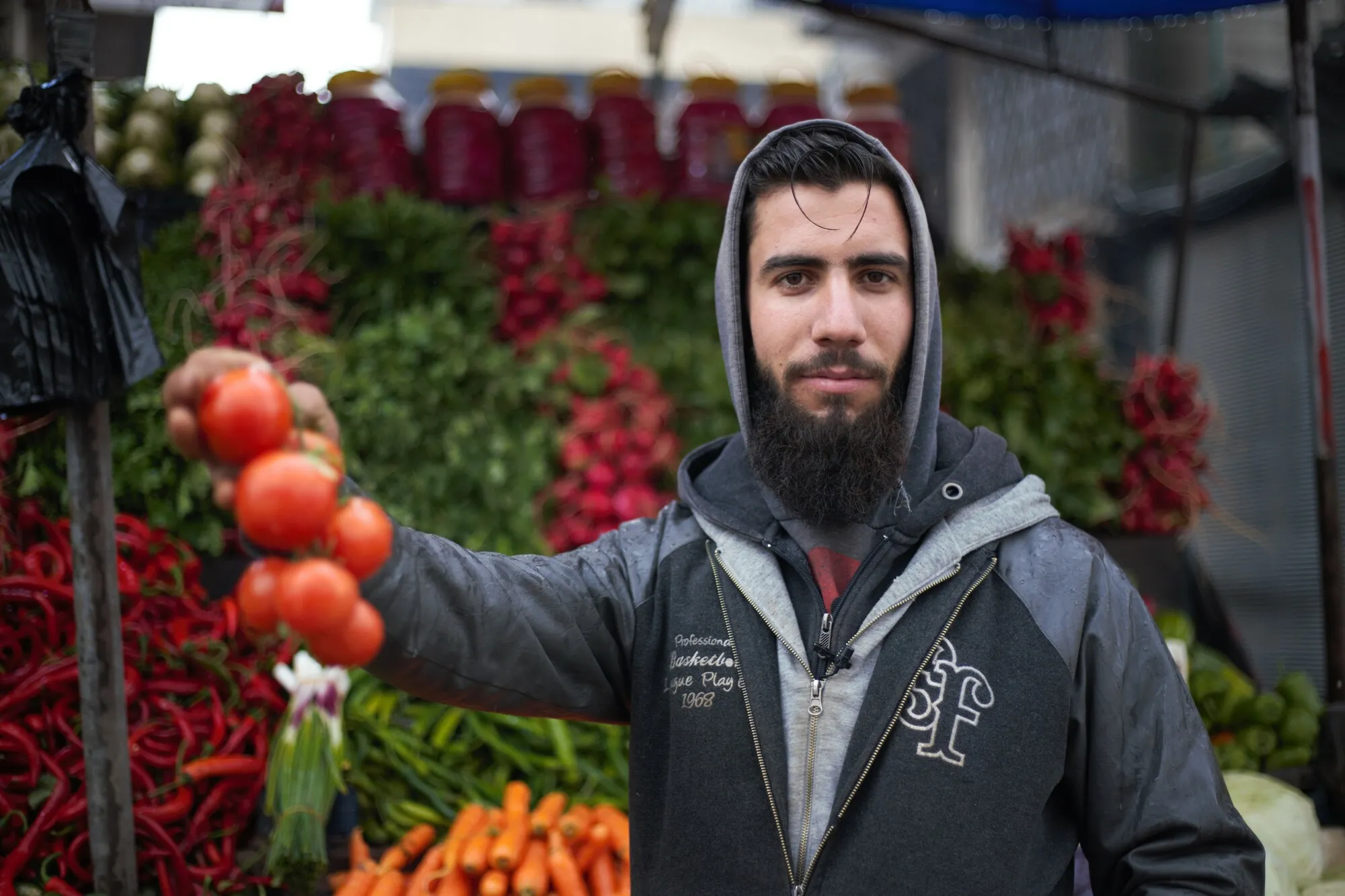Last year, according to the Ukrainian Grain Association, the country exported six to seven million tons of grain per month. But since the war began in February, Ukrainian President Zelensky says nearly 22 million tons of grain have been trapped inside the country, unable to get to port because of fuel shortages, active fighting, and Black Sea blockades.
The UN estimates that these disruptions to the global flow of food and resources have already driven 70 million people around the world closer to starvation.
The war is just one part of a global hunger crisis that encompasses the full spectrum of food and nutrition insecurity — from immediate severe malnutrition to underfunded long-term resiliency programs.
Earlier this year, CARE launched a $250 million comprehensive response to this crisis, and with our global partners, we’re working to respond to immediate humanitarian needs and provide assistance for the long-term needs of the millions of families nearing the brink of famine.
In Ukraine itself, the war has put extreme pressure on farmers like Sergij’s already fragile systems — depriving them of fuel for their machinery as well as crucial access to ports and storage.
Sergij — along with his father, his wife Anastasia, and their 4-year-old daughter — has been working on the family farm since the war began.
This is his story.




